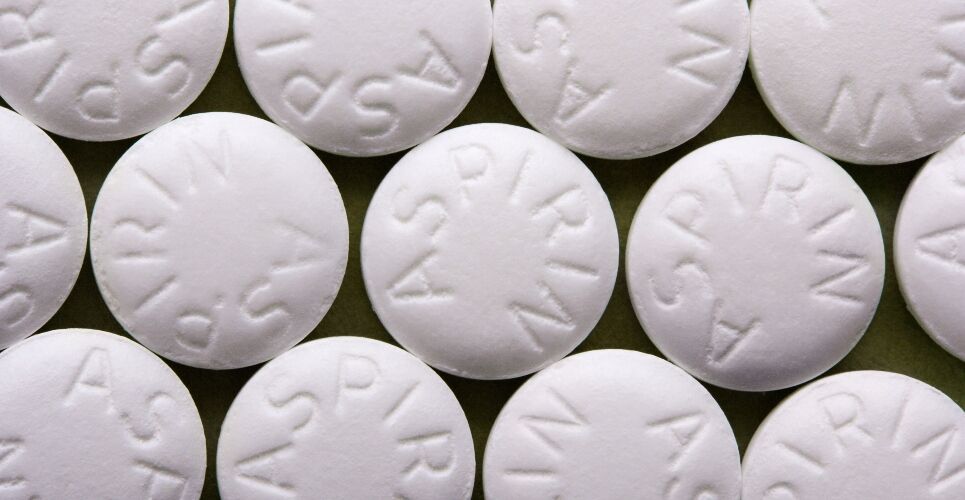Survivors of a myocardial infarction (MI) who discontinue aspirin remain at an elevated risk of a subsequent infarction, stroke or even death over the next eight years compared to those who remain adherent to treatment.
These were the findings of a a study presented at the recent European Society of Cardiology (ESC) Congress 2023 in Amsterdam.
While the use of aspirin is no longer recommended for use as a primary preventative strategy, despite continued use, especially in the elderly, it remains an essential component of secondary prevention treatment.
Researchers used Danish nationwide health registries to look at patients aged 40 years and over who had a first MI and were prescribed aspirin during the first year after it. Their aim was to examine the extent to which MI survivors collected a prescription for aspirin over the next two, four, six and eight years and the clinical consequences of not taking the drug.
Adherence to aspirin at each of the four time points was assessed as the proportion of days patients had collected the drug over the preceding two years.
Non-adherence was defined when survivors used aspirin for 80% or less of the time and patients were excluded at each time point if they had experienced another heart attack, a stroke, died, or had been started on other anticoagulants or P2Y12 inhibitors.
The researchers analysed whether patients who did not take aspirin as prescribed had a higher risk of the composite outcome of recurrent heart attack, stroke or death compared with those who consistently took aspirin.
Survivors and aspirin adherence
The study included 40,114 patients with a first-time MI. Adherence to aspirin progressively declined with each time point, from 90% at two years post-MI, to 84% at four years, 82% at six years and 81% at eight years.
At each of the time-points, adherence to aspirin was associated with a reduced risk of the composite outcome. For example, when compared to adherent patients, non-adherent patients had a 29%, 40%, 31% and 20% higher likelihood of recurrent heart attack, stroke or death at two, four, six and eight years post-MI, respectively.
Commenting on the findings, study author Dr Anna Meta Kristensen of Bispebjerg and Frederiksberg Hospital, Frederiksberg, Denmark, said: ‘Our findings suggest that not taking aspirin as prescribed after a heart attack is linked to a higher risk of having another heart attack, a stroke or dying.‘
However, she added: ‘Our results should be interpreted with caution because they show an association but do not establish causality. Since the study is registry-based, we do not have information about the specific reasons as to why patients did not take their aspirin.
‘Furthermore, our findings cannot be generalised to all patients who experience a heart attack, as our study specifically focused on those who received treatment with a coronary stent and were not taking other medications to prevent blood clot formation.
‘With that in mind, the results support current guidelines recommending long-term aspirin after a heart attack.‘

